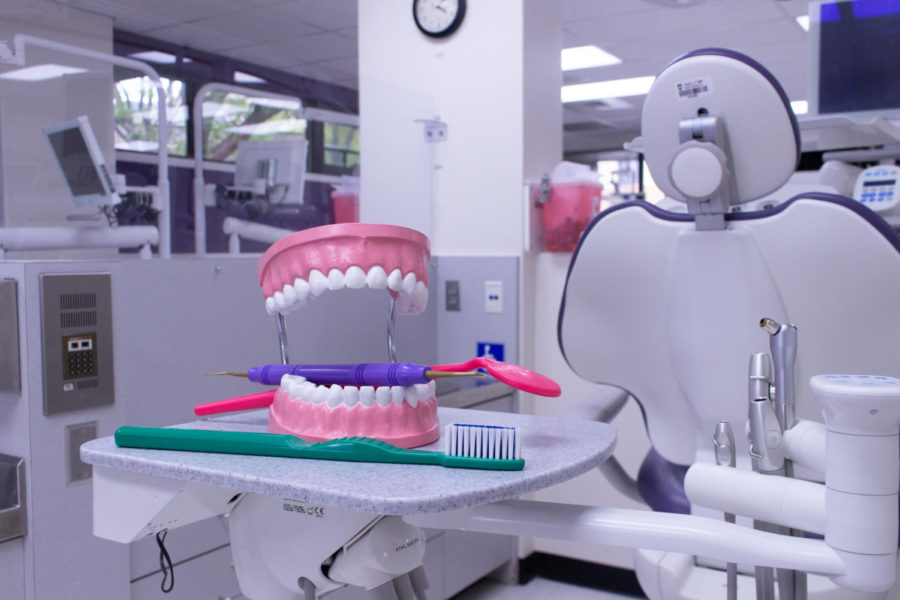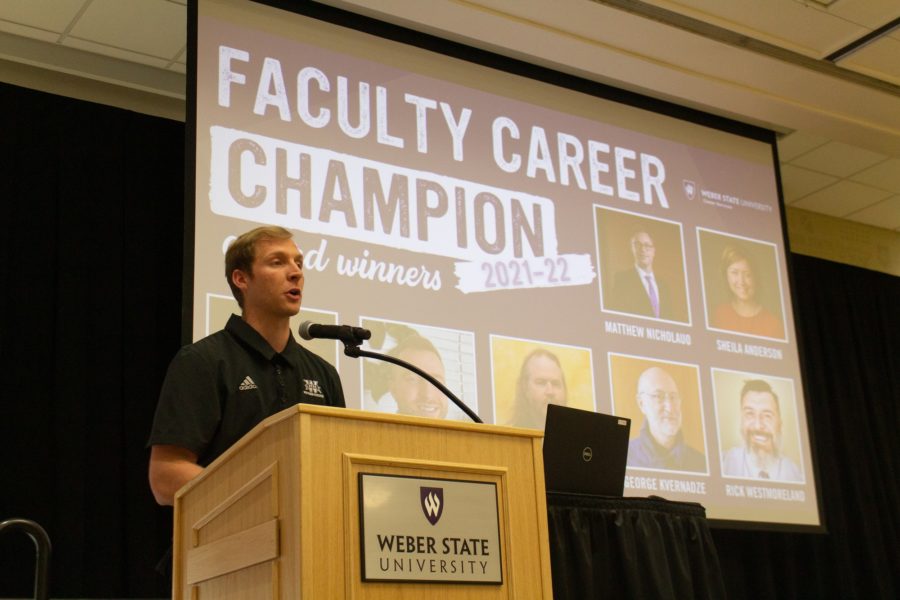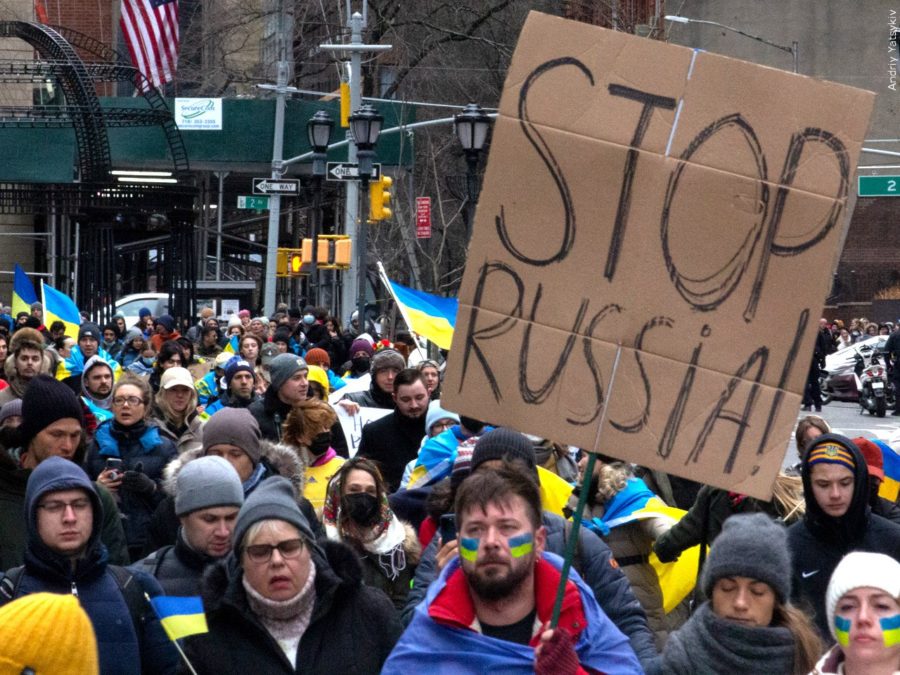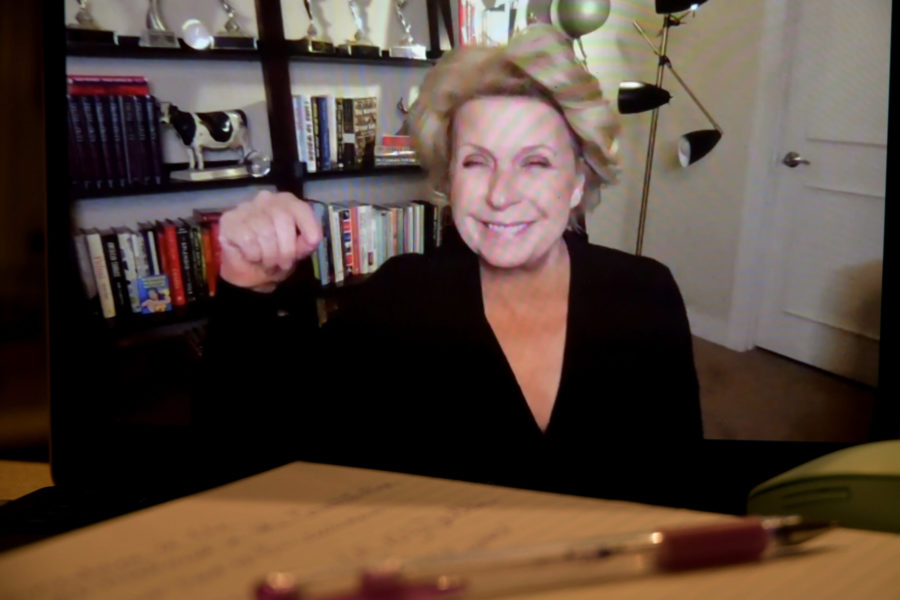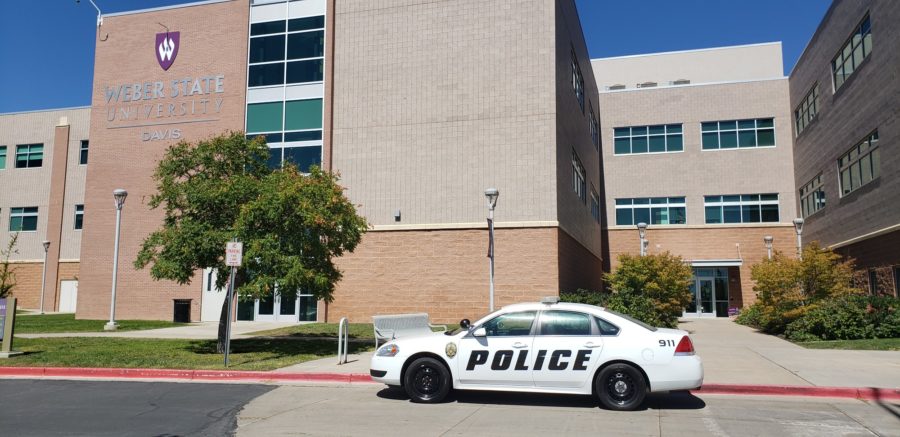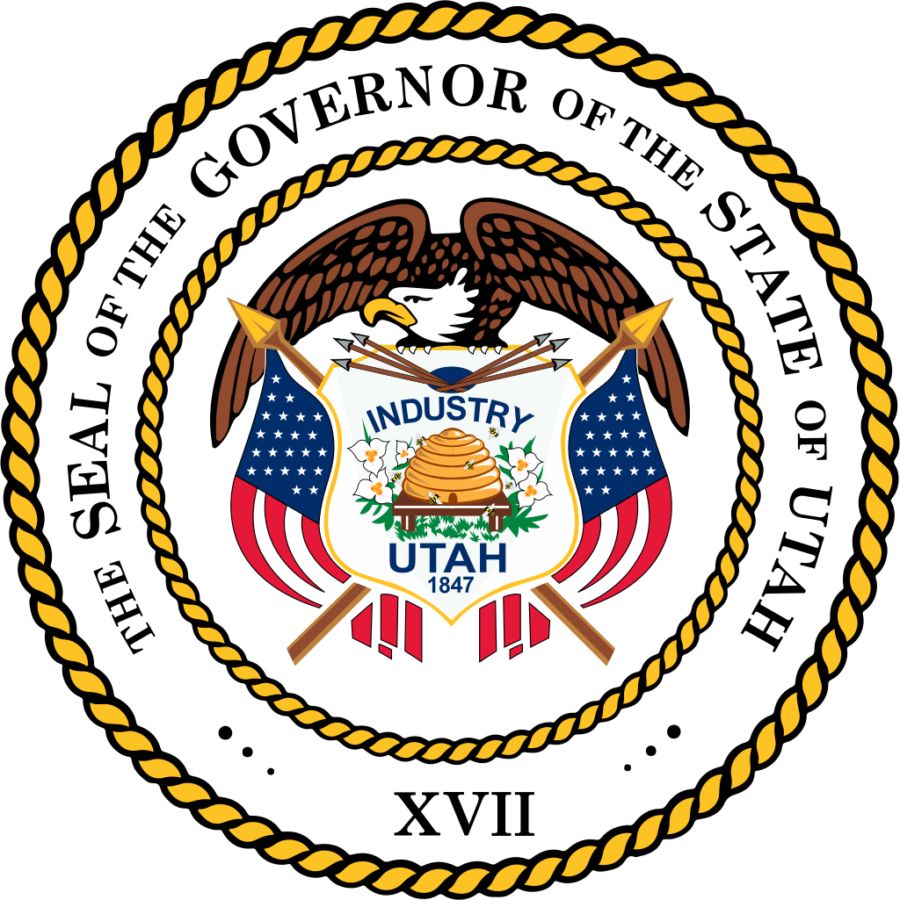In a June 2014 court case, three New York families sued the city for not allowing their unvaccinated children to attend school while vaccine-preventable diseases were being passed around.
By New York state law, children are required to be vaccinated before attending school, unless they receive religious or medical exemptions.
Weber State University Computer Lab Aide and electronic engineering major, Bailey Turner, agrees with medical exemptions, but not religious ones.
“It’s not just your choice. You’re making a choice for everyone else, as well,” said Turner.
Religious bypasses are not always granted and a medical excuse requires a doctor’s word that the child has an immune condition and would be harmed by vaccination.
Two of the plaintiff families had religious exemptions, while the other, the Check family, did not. The Checks first applied for a medical exemption, then a religious, receiving neither in the end.
The schools allowed the unvaccinated children to attend, but have a policy of keeping them at home for up to a month when vaccine-preventable diseases such as polio, measles, whooping cough or chickenpox surface.
The families believe the “social distancing” of suspending their children from educational institutions violated their religious rights from the First Amendment.
Dina Check, the mother of the seven-year-old who received neither exemption, believes germs and diseases are of the devil. She said, “If you trust in the lord, these things cannot come near you.”
The case was brought before the Federal District Court in Brooklyn.
Judge William F. Kuntz dismissed all three families, referencing the 1905 Supreme Court decision of Jacobson v. Massachusetts in which it was decided anyone over 21 years of age who refused smallpox vaccinations could be fined $5.
Kuntz believes the 109-year-old decision implied public health is of greater concern than religious objection. He says the constitution does not exempt objectors from receiving vaccines.
Valerie Gooder, a professor in the nursing program at Weber State University, is pleased with the decision.
“Vaccinations only work if the majority of people have them,” said Gooder, adding she believes it puts others at risk when people choose not to have their children immunized.
Patricia Finn, a lawyer strongly against vaccinations, represented the plaintiffs. On her blog, she wrote, “People are being deluged with vaccines because of fear-mongering and profit.”
The plaintiffs filed for appeal, even creating a website to rouse public interest in their cause.
Policies concerning vaccination apply to both public and private schools, but seem to be more lax regarding private institutions. For this reason, the Checks have moved their daughter to a private school after a period of homeschooling.
In some states, parents can claim philosophical exemptions to vaccines. Reasons include beliefs that vaccination lead to autism, a frenzy stirred by a 1998 British study published in The Lancet.
The research suggested measles, mumps and rubella vaccines contained harmful substances. The sample size in the study included only 12 children.
The study was later discredited and a University of Sydney study looked into the issue, determining there was no evidence of those vaccines leading to autism.







